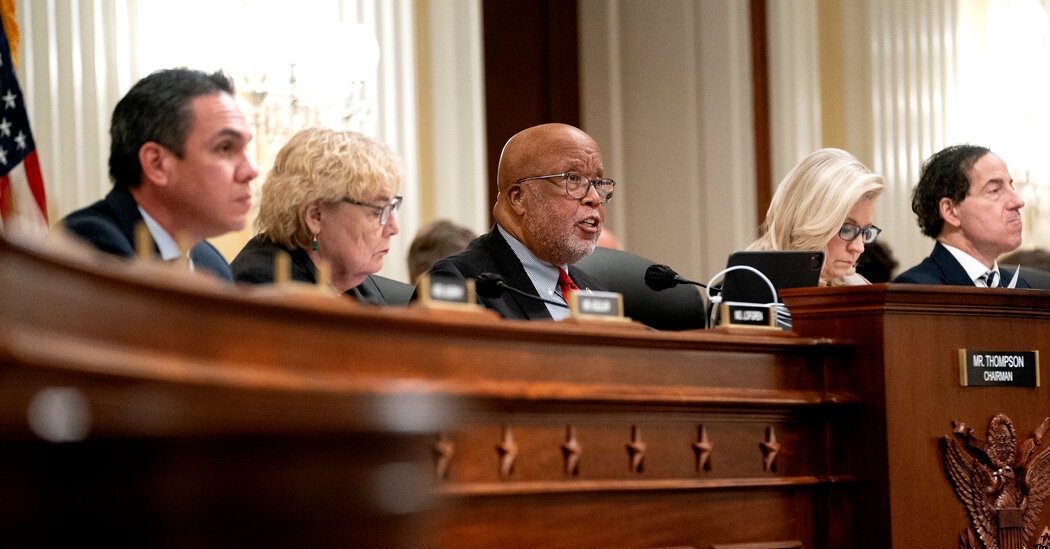Recent off her starring flip within the Oscar-nominated “The Teachers’ Lounge,” Benesch is once more getting discover for her efficiency in a tense scenario, her character’s translating expertise assist to course of an unfolding nightmare. “She was perfect for my approach of having it be as real as possible,” says director Tim Fehlbaum. “When she listens to something coming in, she’s 100% that character, in that moment.”
(Marcus Ubungen/Los Angeles Instances)
Fehlbaum deliberately saved Benesch away from preproduction meetups or desk reads as a useful isolation from the remainder of the forged. “We liked the idea of me being a little on my own, thrown into it,” she says. “Because Marianne is not one of the sports guys. She was sent to translate, so she’s got her own corner to do her job.”
For analysis, Benesch met with a U.N. interpreter and realized concerning the gig’s distinctive state of mind. “She said there have been times where she didn’t remember what was being said because she was in that zone where you hear the words in one ear, and your brain is figuring out what it means, and you’re already speaking,” Benesch says. “So I wanted it to look like a zoning-out, a focus.”
Marianne can solely compartmentalize a lot when there are dread-filled visuals that accompany the data she’s relaying. Benesch says it made an enormous distinction that the filmmakers made certain the management room set’s financial institution of displays confirmed actual photographs and photographs (albeit largely re-created), and never inexperienced screens that required actors to think about what was being beamed in.
“When we see the person on the balcony holding a gun to one of the hostage’s heads, I remember the tension in the room, everyone going, ‘This is happening,’” she recollects. “You put yourself in that mind-set. And I’d not seen any coverage from back then; I grew up without a TV.”

Leonie Benesch because the German translator of the broadcasting workforce in a scene from “September 5.”
(Jurgen Olczyk)
Benesch’s childhood in Tübingen, a German metropolis southwest of Stuttgart, could have been tube-deficient, but it surely wasn’t movie-free, and she or he grew to become fascinated with how movies had been made. Dad’s laptop computer, when accessible, grew to become a vital window. “I sometimes stole money from my mom’s purse to buy DVDs, not to watch the films but the behind-the-scenes material. These people are traveling the world, getting paid to walk and talk in amazing locations. It’s a fascinating profession.”
Don’t mistake that curiosity, although, for desirous to step behind the digicam sooner or later. After performing in a kids’s circus — and desirous to be Keira Knightley in “Pirates of the Caribbean” — Benesch took her expertise to drama faculty in London and realized appearing was satisfaction sufficient. “I like being a part in someone else’s puzzle,” she says. “I don’t want to make the puzzle.”
On “September 5,” the jigsaw Benesch discovered herself interlocked with was the nuts-and-bolts of an earlier period’s broadcast reporting, full with classic gear. “It’s a declaration of love to the analog TV-making world,” she says admiringly. “The art department is my favorite, and especially on this one, it was amazing.”
However as with the various displays, the walkie-talkies and rotary telephones and management panels all labored, a verisimilitude that, to Benesch, made every uninterrupted, rigorously choreographed take that rather more annoying. “I was very happy not to have to touch any buttons, because you’d flick a switch and something would happen. Imagine getting that wrong with a room full of people.”

(Marcus Ubungen/Los Angeles Instances)
An trade between Benesch and John Magaro as producer Geoffrey Mason, the place their rattled, drained characters articulate the terrible totality of what’s transpired, didn’t work for an additional purpose solely and was rethought and reshot.
“It was too spelled out,” explains Benesch. “A lot of time, when monumental stuff happens, we don’t have the words. It was a conversation [these two] would have a couple years down the line but not now. We wanted to not find words for the emotions these people are feeling.”




